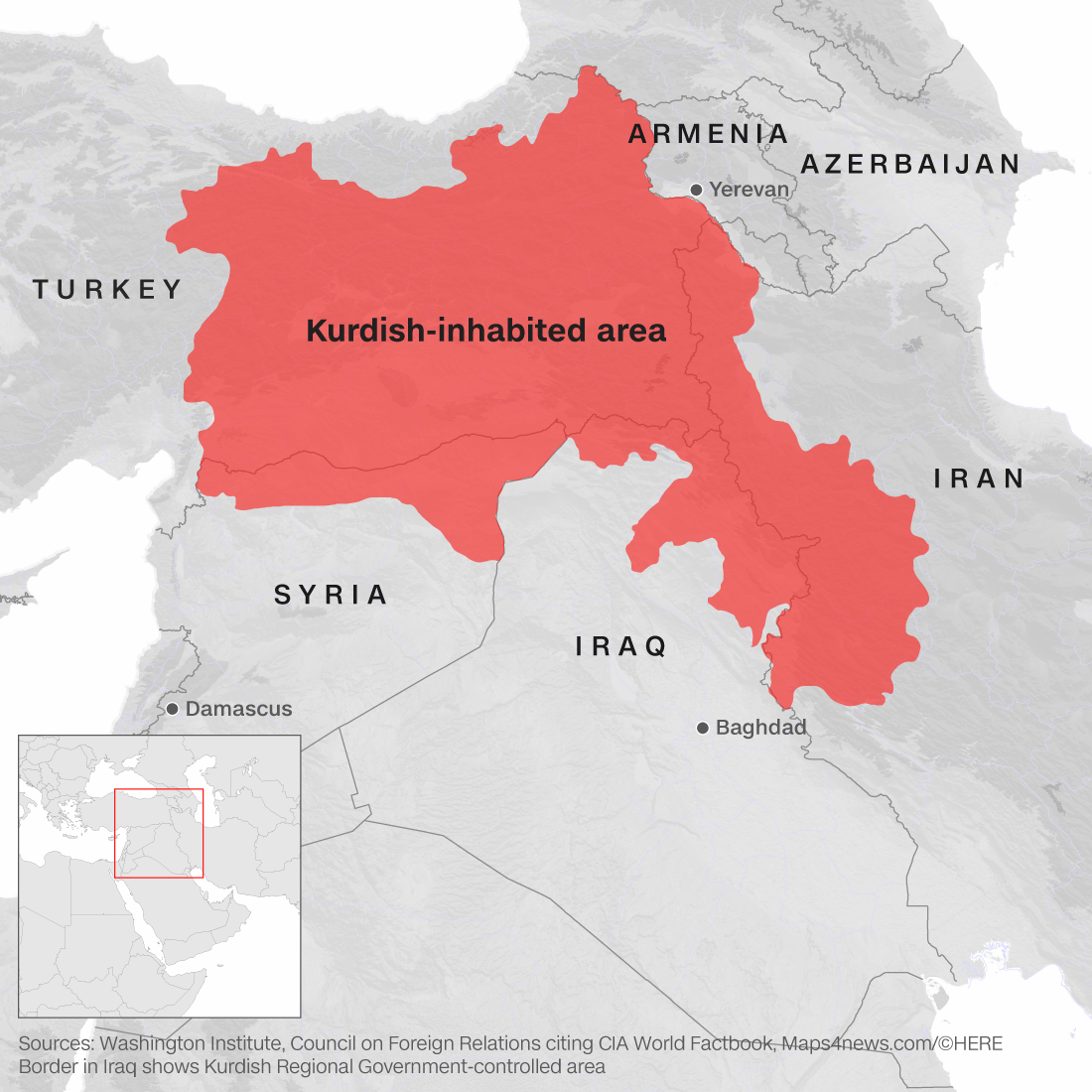As humans we have a natural tendency to worry about our own: the truth is terrorists usually kill people much closer to them.
In researching and writing this ‘Today in Terrorism’ series a few things have stood out very starkly:
- There is a lot of terrorism in a lot of places
- The majority of attacks occur in a small number of places (Iraq, Afghanistan…)
- The majority of victims have little to do with us in the West.
When I choose a piece to focus on I never have too little data to consider. For those who are interested in the selection process it is quite simple: I settle on an attack that is either too large to ignore or speaks to something that is happening now. It is not that complicated.
To date I have decided not to feature too many incidents in those areas that constantly crop up: Afghanistan, Iraq, Somalia and Nigeria (btw those four countries rank 1, 2, 3 and 6 in the 2019 Global Terrorism Index top 10 of nations most targeted in terrorist attacks in 2018).
Today is different.
The attack I want to focus on today was both huge and significant. It resulted in a large number of casualties and the deaths of a few high-ranking politicians. It took place in Iraq but was aimed at Kurdistan, that area of the country that has been cursed with violence, both state-initiated and terrorist-driven, for decades.
On this day in 2004, two suicide bombers wearing explosives targeted Muslim holiday celebrations inside the separate headquarters of Iraq’s two leading Kurdish political parties. The final death toll was estimated at 117, with a further 221 injured. Among the dead were Sami Abdul Rahman, the deputy head of the Kurdistan Democratic Party, and Saad Abdullah, a high-ranking official in the same party. The group believed responsible for the carnage was Ansar Al Islam, an Al Qaeda affiliate.

As an aside, Kurdish political parties have been at each other for decades. We in intelligence used to joke that you could put together three letters of the alphabet randomly and come up with a Kurdish party. Their inability to get along probably has had an effect on the Kurds’ drive for independence.
This attack was a typical one: lots of people killed by those who are not that much different than them. It also took place in a land which most of us could not find on a map. This is normal in the sphere of terrorism.
It is likely that I will write on similar events in the future. Alas, there are far too many to ignore.
